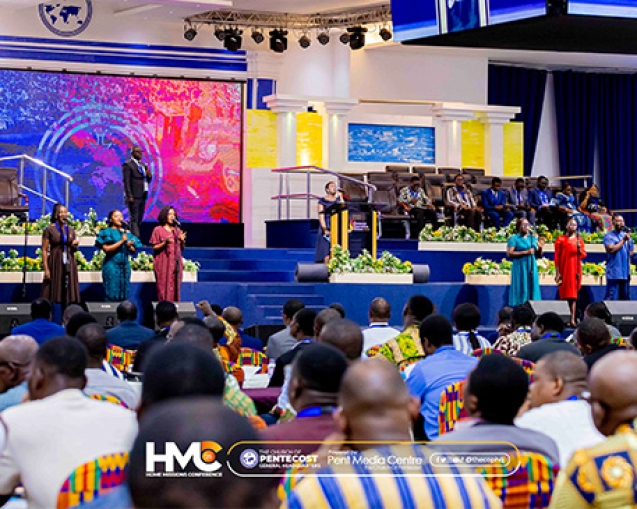Several years ago, I endured the devastating loss of my young brother, an experience that profoundly impacted both my academic and social life. The perplexing question lingered: why would God allow a cute and innocent two-year-old to succumb to an eye defect? Where is God in our tears, in the midst of our pain and afflictions?
Many have grappled theologically with the concept of a benevolent God permitting suffering in the world. The notion of a God who seemingly remains indifferent as people endure physical pain and emotional trauma or face the wreckage of their lives due to natural disasters is, at best, a paradox, if not a contradiction.
Arguments arise— if God is omnipotent, He could eliminate evil, pain, and suffering. If He is unable, He is not all-powerful. Yet, if God can but chooses not to eradicate evil, He is not all-loving. So, if we assert that God is both all-powerful and all-loving, the perplexing question persists: why is there pain and suffering? Theological circles refer to this dilemma as the problem of evil, assuming that there should be perfection devoid of suffering and evil in a world where an all-loving, all-powerful God exists.
Having grappled with this paradox, I’ve realised that providing a radical answer rarely brings comfort to the one in pain, much like Job’s friends. For sceptics, an emotional or practical response may seem superficial. Consequently, I propose addressing the problem of evil through two main approaches: intellectual and practical responses.
Suffering or evil can be categorised into two types: moral and natural evils. Moral evil arises from harm inflicted by fellow humans, such as murder, war, and rape, while natural evils manifest as disasters like floods, tornadoes, and genetic disorders.
Deductively, pain and suffering may result from our actions. God endowed humans with free will to make sound decisions guided by reason and conscience. However, sin impaired our judgment. To eliminate moral evil, God would need to revoke free will, resulting in a world where humanity is hardwired to follow His will. Yet, moral evil often stems from our freedom of choice and “honest” mistakes. The problem of evil, therefore, is often a problem of “our” evil.
God does not cause evil; He is not wicked. The Psalmist affirms the righteousness of the LORD in all His ways (Psalms 145:17). But why does God permit natural evil—earthquakes, volcano eruptions, floods, and tsunamis that claim lives?
To answer this, we must look back to the beginning. God created humans in His image for eternal enjoyment, but humanity turned away. In the aftermath, God sometimes permits evil for us to grasp the good awaiting those who embrace Christ. Suffering may be a small piece of God’s larger puzzle. Contrary to common belief, the goal of life is not a pain-free existence but the knowledge of God leading to eternal life (John 17:3).
The practical aspect of the problem of suffering focuses on the person experiencing pain. Whether it’s the loss of a loved one, a disability from birth, or emotional trauma, take heart—Jesus understands your pain. Innocent human suffering can deepen one’s dependency and trust in God, either for the sufferer or those around them. My brother’s death redirected my academic path, revealing God’s plan through his demise.
A case in point is Apostle Michael Kwabena Ntumy, former chairman of The Church of Pentecost, who endured afflictions, including confinement to an electric wheelchair. Despite this, he continued to serve the church until his retirement in 2023, embodying the understanding that life’s purpose is not happiness. Suffering is an integral part of the Christian journey.
Whether God’s purpose is fulfilled through our suffering hinges on our response. Do we react with anger and bitterness or turn to Him in faith for strength, as Apostle Ntumy did?
“When we are hurt, we may feel lonely, but Jesus promised never to leave or forsake us (Heb 13:5, Ps 42:8). God is with us 24/7. Always! The LORD is close to the brokenhearted and saves those crushed in spirit (Ps. 34:18). Our present troubles are minor and fleeting; let us fix our gaze on the eternal (2 Cor. 4:17-18). May God comfort all those in tears. Amen.”
Written by Deacon Paul Owusu (Secretary, PENSA-UCC)


















